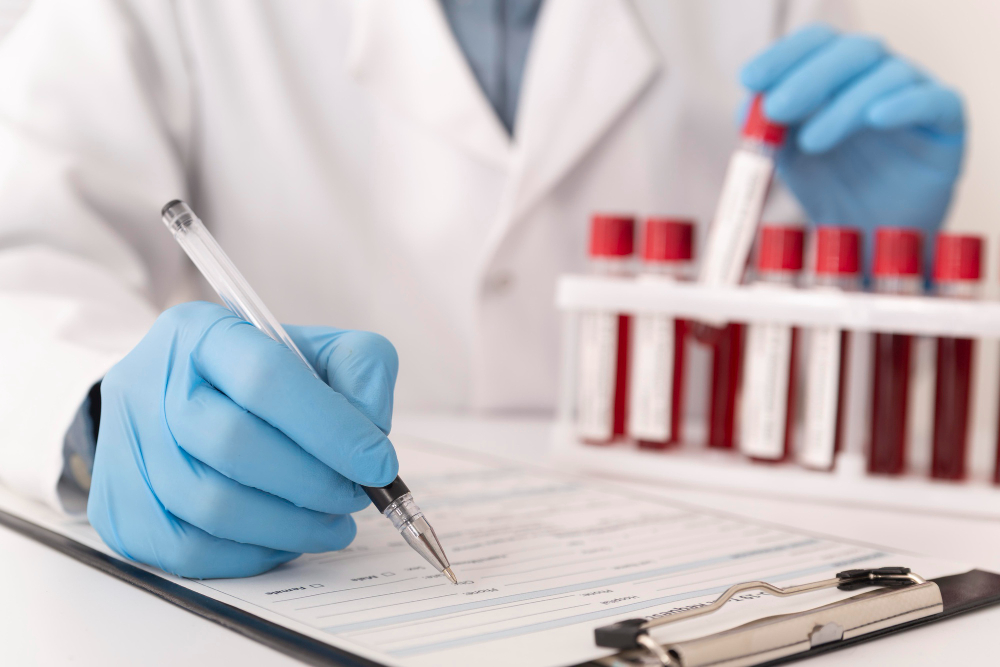Phlebotomy, the process of drawing blood from patients for diagnostic purposes, is an essential skill in the medical field. Skilled phlebotomists are crucial in ensuring accurate test results, patient safety, and overall healthcare efficiency. If you're considering a career in phlebotomy or want to enhance your existing skills, this blog will provide you with valuable insights into phlebotomy training.
Understanding Phlebotomy Training:
Phlebotomy training programs are designed to equip aspiring phlebotomists with the knowledge, technical skills, and professionalism required to excel in their roles. These programs typically combine classroom instruction with hands-on practice to develop a well-rounded skill set.
- Classroom Instruction: Phlebotomy training begins with classroom instruction, where students learn the theoretical aspects of phlebotomy. Topics covered usually include anatomy and physiology, medical terminology, infection control, patient safety, legal and ethical considerations, and the proper use of medical equipment.
- Hands-on Practice: After gaining the necessary theoretical knowledge, students progress to the practical aspect of phlebotomy training. This phase involves practicing venipuncture techniques on training models, fellow students, and eventually real patients under the supervision of experienced instructors. Hands-on practice helps students develop proficiency in locating veins, handling equipment, and ensuring patient comfort.
- Externship/Clinical Training: Many phlebotomy training programs include an externship or clinical training component. During this phase, students are placed in healthcare settings such as hospitals, clinics, or laboratories to gain real-world experience. Under the guidance of experienced phlebotomists, students refine their skills, learn about different patient populations, and become familiar with laboratory workflows.
Certification and Licensing:

To become certified, candidates must meet specific education and experience requirements and pass a comprehensive exam. Once certified, phlebotomists may need to maintain their certification through continuing education or periodic re-certification. The 1st Choice Career Institute offers training to become a qualified and certified phlebotomy technician.

